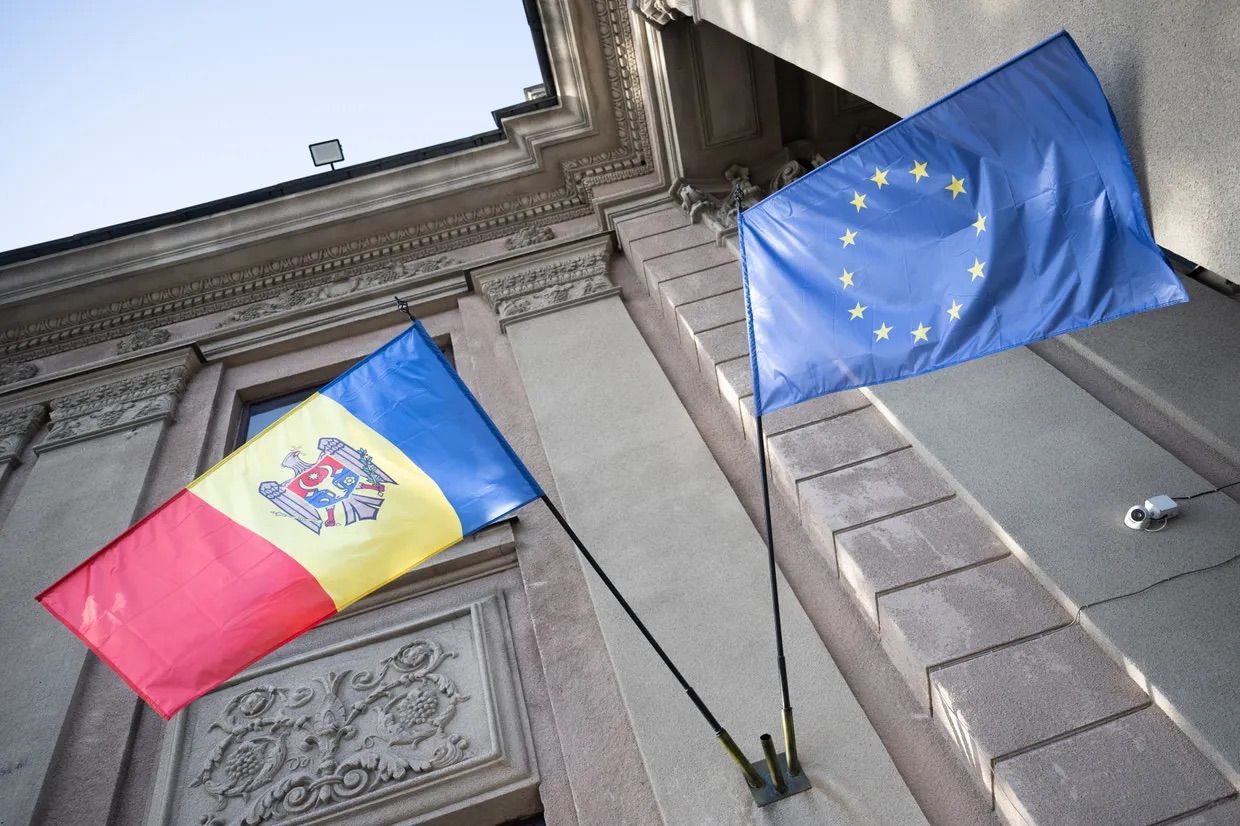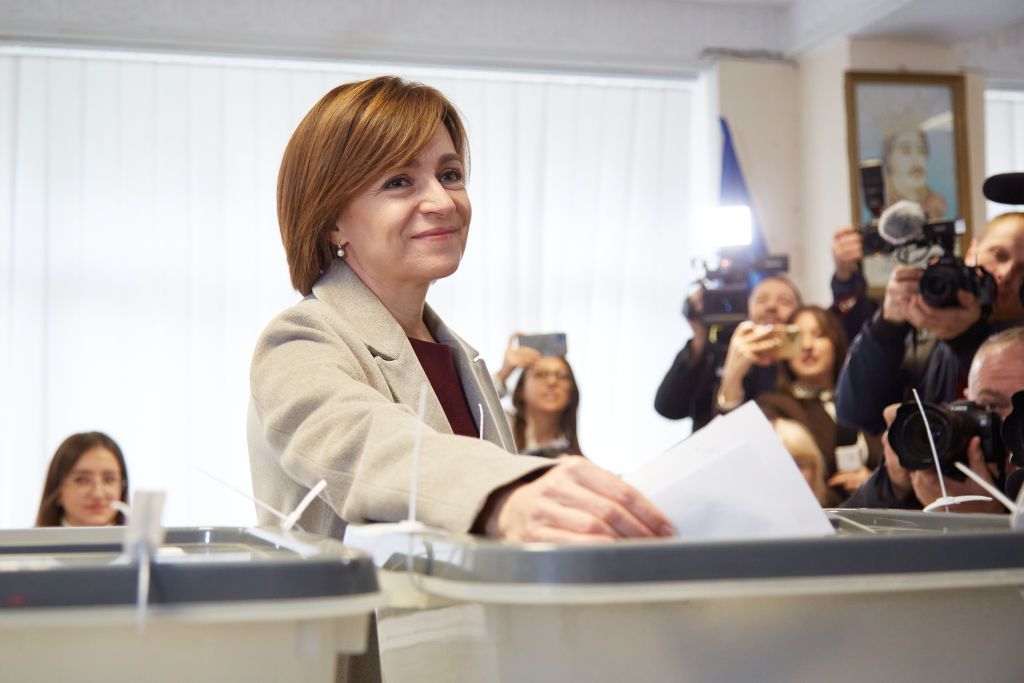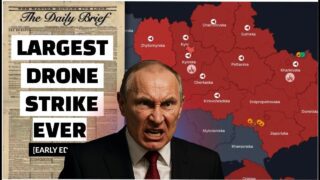
Moscow funneled $39 million into Moldova ahead of presidential election in attempt to influence results, Moldovan authorities say
Moscow funneled a total of $39 million in a scheme led by a pro-Russian oligarch aimed at influencing election results by paying ordinary citizens to vote against closer ties with the West, the country's national police chief said on Oct. 24.
Ilan Shor, a Moldovan-Israeli tycoon, is accused of laundering the money and orchestrating the network, despite his political party being banned.
The election, held on Oct. 20, saw incumbent pro-European Moldovan President Maia Sandu come in first in the initial round of the country's presidential election on Oct. 20 with 42% of the vote, heading for a run-off on Nov. 3.
Voters also voted in favor of a referendum to enshrine the country's path to European Union accession in the Moldovan constitution by a razor-thin margin, in a blow to supporters who wanted to see closer ties to Russia.
Moldovan authorities said that in September over $15 million in Russian funds had been funneled to over 130,000 Moldovans, with voters instructed on how to vote and spread disinformation about the EU via Telegram. Another $24 million was "poured" in throughout the month of October, authorities said, Moldova media reported.
At the time, Moldova’s chief of police, Viorel Cernăuțeanu, told POLITICO that "Moldova is facing a phenomenon of voter bribery, combined with hybrid warfare and disinformation, the likes of which our country has never seen before."
Moldova's Foreign Ministry said that police raids are ongoing for those involved in the operations law enforcement officers. Authorities said they arrested individuals on Oct. 23 that they had found with envelopes with cash intended to allegedly bribe voters in 19 districts.
Sandu will face off against her main competitor, Alexandr Stoianoglo, who is supported by the pro-Russian Party of Socialists and gained roughly 26% of the vote in the first round.
Chisinau has been supportive of Ukraine throughout the full-scale war and cracked down on Russian subversive operations at home, expelling dozens of diplomats and embassy staff in July 2023 after revelations of espionage activities.
Russia's invasion sparked fears in Moldova of a possible spillover of hostilities, namely via the Russian-occupied Moldovan region of Transnistria.













